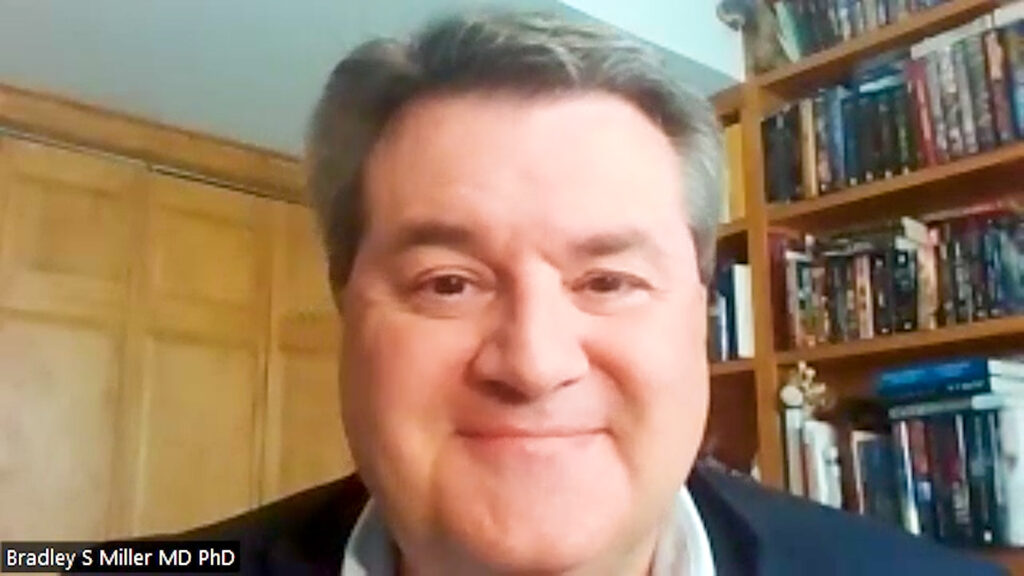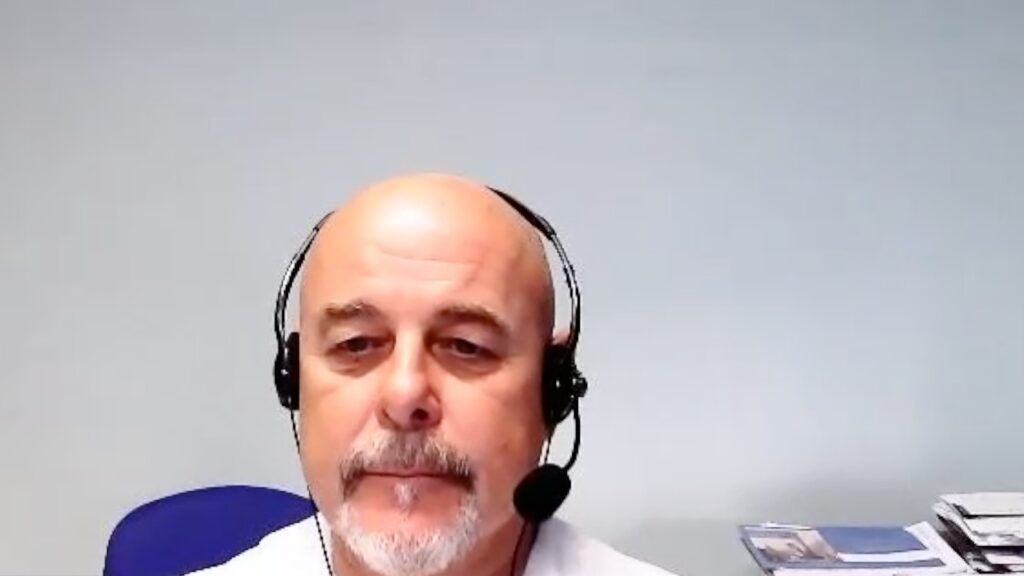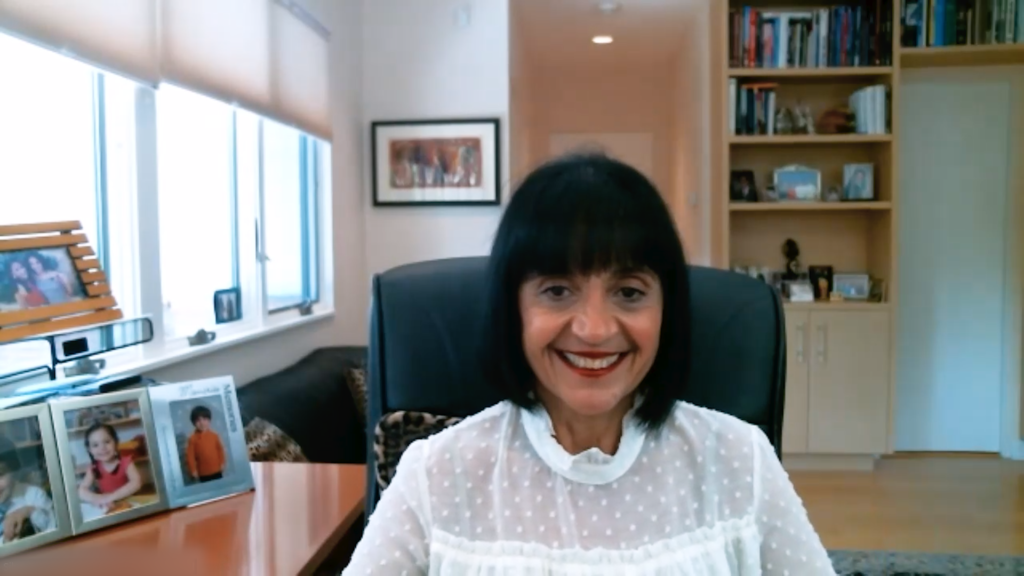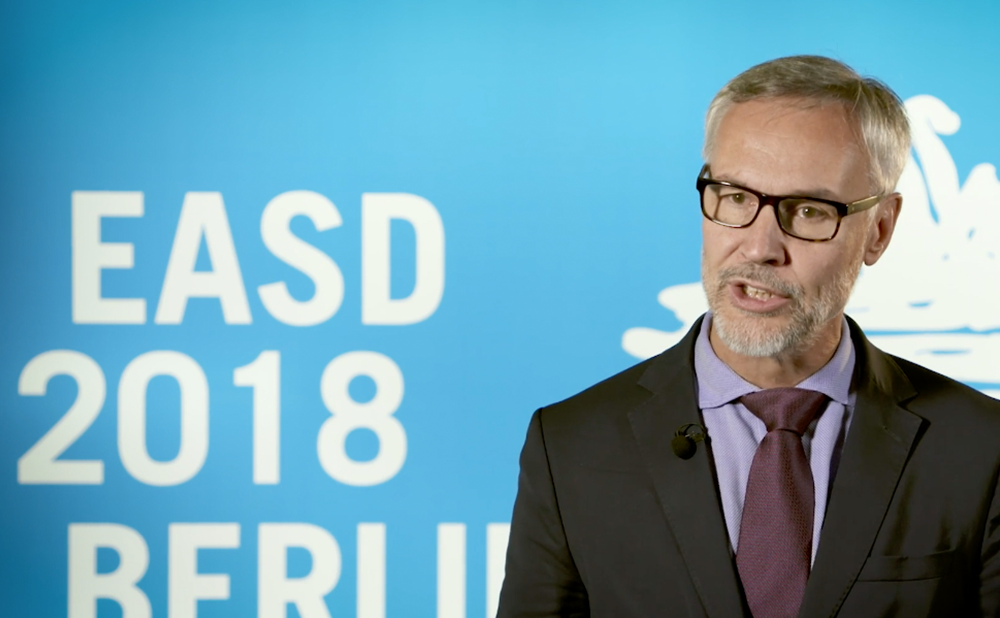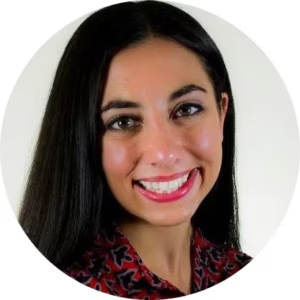 Dr Lindsey Gaston is a paediatric endocrinologist and physician-scientist at Boston Children’s Hospital, where she also completed her residency and fellowship in paediatric endocrinology. Her research focuses on understanding the mechanisms of prolonged adrenal suppression following long-term glucocorticoid therapy, with the aim of developing innovative preventative strategies. Her work has earned her multiple early career investigator awards and competitive funding from the NIH, Pediatric Endocrine Society and Boston Children’s Hospital. Clinically, Dr Gaston specializes in adrenal disorders and the endocrine late effects experienced by childhood and young adult cancer survivors. She also plays a key leadership role as Co-Chair of the Pediatric Endocrine Society’s Adrenal Special Interest Group and serves as Director of Endocrine Perioperative Care at Boston Children’s Hospital.
Dr Lindsey Gaston is a paediatric endocrinologist and physician-scientist at Boston Children’s Hospital, where she also completed her residency and fellowship in paediatric endocrinology. Her research focuses on understanding the mechanisms of prolonged adrenal suppression following long-term glucocorticoid therapy, with the aim of developing innovative preventative strategies. Her work has earned her multiple early career investigator awards and competitive funding from the NIH, Pediatric Endocrine Society and Boston Children’s Hospital. Clinically, Dr Gaston specializes in adrenal disorders and the endocrine late effects experienced by childhood and young adult cancer survivors. She also plays a key leadership role as Co-Chair of the Pediatric Endocrine Society’s Adrenal Special Interest Group and serves as Director of Endocrine Perioperative Care at Boston Children’s Hospital.
In this Future Leader Q&A, Dr Gaston shares her insights on research, mentorship and advancing care for children with complex endocrine needs.
During my first year of residency, I cared for a patient who presented with a hypoglycemic seizure and hypovolemic shock from a common norovirus infection. This was ultimately attributed to iatrogenic adrenal insufficiency from inhaled glucocorticoids used for asthma treatment. I was struck by how a single iatrogenic hormonal alteration could so profoundly derange physiology, and I loved how everything in endocrinology could be brought back to negative feedback loops evolved to maintain homeostasis. This case introduced me to enthusiastic senior attendings in our division of endocrinology who remain my mentors today. I was also drawn to the specialized practice of neuroendocrinology and cancer survivorship, as I find it so rewarding to restore reasonably normal growth, puberty and quality of life in children and young adults after they have overcome intensive chemotherapy and radiation
I suspect that I am actively in the most vulnerable stage of my career, as I am trying to establish myself as a physician scientist at a time when NIH federal funding is uncertain. I am trying to stay focused on conducting high-quality, translationally relevant research with the support of small institutional and foundational grants. In the meantime, I hope that we are eventually able to advocate for the importance of federally funded research in promoting American health before we lose a generation of promising scientists.
I love the moment in science when you discover something that nobody else knows. This is most satisfying when the new knowledge goes against established paradigms but holds up to rigorous testing. Clinically, I have had many rewarding moments related to longitudinal care of fairly treatable conditions at ages with rapid development. I have some patients with classic congenital adrenal hyperplasia who I first met alongside tearful parents grieving their child’s newborn screening results. Those same children are now well-controlled, thriving kindergarteners with access to newly FDA-approved therapies.
As a physician scientist, I love the bidirectional relationship between my basic research and clinical practice. I ask mechanistic questions informed by the patients that I treat and then bring back insights from my bench studies to clinical practice. I also feel like I have become a more thoughtful, compassionate paediatric endocrinologist after becoming a parent. I more viscerally understand the worry that comes with any perceived “bad news,” uncertainty, or delayed dissemination of results, even if the clinical context is relatively benign. I am also amazed every day by the resilience of children and families. When we meet families in the inpatient setting after a new Type 1 diabetes diagnosis, they are usually appropriately overwhelmed and grieving the life they imagined for their child. By the end of the first year, many have seamlessly integrated diabetes care into their lives and are more knowledgeable about emerging technologies than many members of their care team. Since many of our conditions in endocrinology are highly treatable, albeit with strategies that are often time-intensive and imperfect, I try to hold space for both this grief and optimism when I review diagnoses and treatment plans with families.
Disclosures: This short article was prepared by touchENDOCRINOLOGY in collaboration with Dr Gaston. No fees or funding were associated with its publication.
Cite: Q&A with Dr Lindsey Gaston: touchENDOCRINOLOGY Future Leader 2025. touchENDOCRINOLOGY. August 8, 2025.
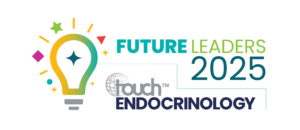
touchENDOCRINOLOGY is celebrating the brightest rising stars in the endocrinology community, who are set to shape the future of the field.
SIGN UP to touchENDOCRINOLOGY!
Join our global community today for access to thousands of peer-reviewed articles, expert insights, and learn-on-the-go education across 150+ specialties, plus concise email updates and newsletters so you never miss out.



